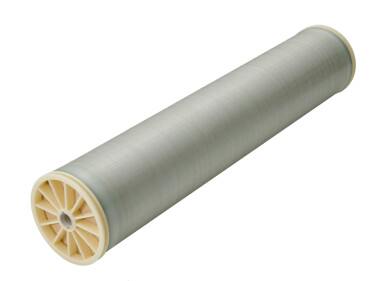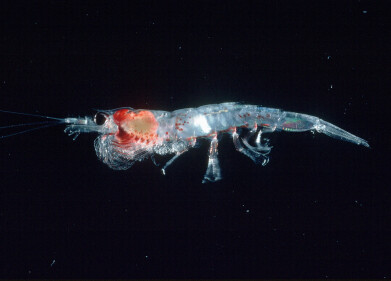Water/Wastewater
How Many People Are at Risk from River Pollution?
Sep 28 2016
Whether it’s the plant life nearby or the many creatures that inhabit the river and its surrounding environment – polluted rivers are bad news for wildlife. Water pollution is something the World Wildlife Federation have campaigned to raise awareness of for years. After all, it’s essential to life. A polluted water source inevitably means pollutants being soaked up by plants and ingested by animals. Unfortunately, it’s no different for humans.
United Nations (UN)
A recent report by the UN has come with a warning. The pollution of rivers and lakes has put 323 million people at risk. Life threatening diseases like cholera and typhoid are sweeping across parts of “Latin America, Africa and Asia” with the water sources helping to carry them. According to the report, women and children are the most vulnerable because of their involvement with water on a day to day basis as well as consumption.
However, another problem is in communities that rely on fish as a food source. Fish that inhabit polluted waters are constantly exposed to the pollutants and consequently become contaminated. Because the surrounding community rely on fish as a source of protein, they eat the fish and become infected.
Getting polluted
One key question as we look to improve the state of water across the world is: how is the water becoming polluted? In Asia, nearly half of rivers are thought to be polluted with pathogens. It’s the greatest levels of pathogen pollution of all the continents and could be affecting up to 134 million people. According to Paul Reig from the World Resources Institute, 80% of the world’s wastewater is being disposed in rivers untreated. Industrial plants are a big contributor, with farming wastewater and raw sewage adding to the problem.
So how can we fix it? One idea from Reig is to fix the regulations. At the moment, there are no incentive or deterrents in place. Companies are freely disposing of their wastewater in oceans, lakes and rivers, with no consequence for them – only for the people who rely on these water sources. An incentive to treat the wastewater would surely push the companies in the right direction.
Wastewater efficiency
Incentivising wastewater treatment would make it beneficial to the companies, but there are actually some other benefits. ‘Converting Wastewater into Energy’ explores how sludge treatment facilities are undergoing some big improvements. Anaerobic Digestion and Thermal Hydrolysis infrastructures can actually make wastewater profitable for the companies.
Events
Carrefour des Gestions Locales de L'eau
Jan 22 2025 Rennes, France
Jan 29 2025 Tokyo, Japan
Feb 05 2025 Nantes, France
Feb 16 2025 Kampala, Uganda
Feb 26 2025 Chennai, India




-as-feedstock.jpg)





